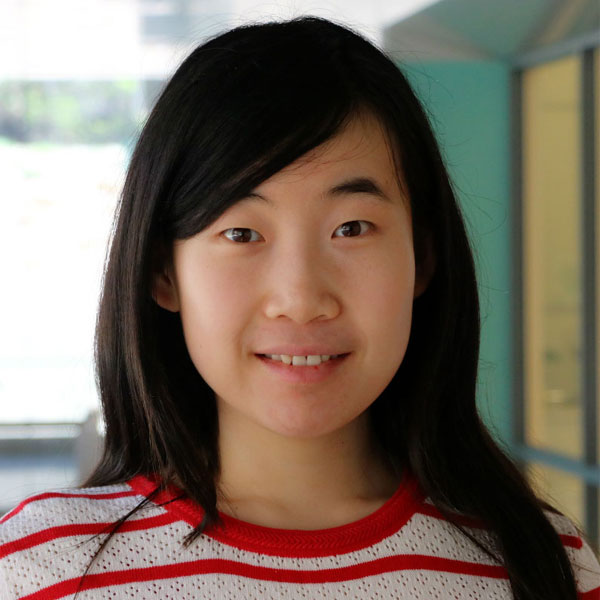Machine learning (ML) techniques have seen significant advances over the last decade and are playing an increasingly critical role in people’s lives. While their potential societal benefits are enormous, they can also inflict great harm if not developed or used with care.
In this talk, Xueru Zhang of the University of Michigan will focus on two critical ethical issues in ML systems: fairness and privacy, and present mitigating solutions in various scenarios.

On the fairness front, although many fairness criteria have been proposed to measure and remedy biases in ML systems, their impact is often only studied in static, one-shot settings. In the first part of her talk, she will present her work on evaluating the long-term impact of (fair) ML decisions on population groups that are repeatedly subject to such decisions. Zhang will illustrate how imposing common fairness criteria intended to protect disadvantaged groups may lead to undesirable pernicious long-term consequences by exacerbating inequality. She will then discuss a number of potential mitigations.
On the privacy front, when ML models are trained over individuals’ personal data, it is critical to preserve their individual privacy while maintaining a sufficient level of model accuracy. In the second part of the talk, Zhang will illustrate two key ideas that can be used to balance an algorithm’s privacy-accuracy tradeoff: (1) reuse intermediate results to reduce information leakage; and (2) improve algorithmic robustness to accommodate more randomness. She will present a randomized, privacy-preserving algorithm that leverages these ideas in the context of distributed learning. It is shown that an algorithm’s privacy-accuracy tradeoff can be improved significantly over existing algorithms.
Xueru Zhang is a Ph.D. candidate in the Department of Electrical Engineering and Computer Science at the University of Michigan, advised by Mingyan Liu. She received her M.S. degree from the University of Michigan in 2016 and B.S. degree in Electronic and Information Engineering from Beihang University (BUAA), Beijing, China, in 2015. Her research lies at the intersection of machine learning, optimization, and economics, including topics such as data privacy, algorithmic fairness, and security economics. She is a recipient of the Rackham Predoctoral Fellowship and an invited participant at the Rising Stars in EECS workshop.
Contact Ginny Watterson for Zoom link.